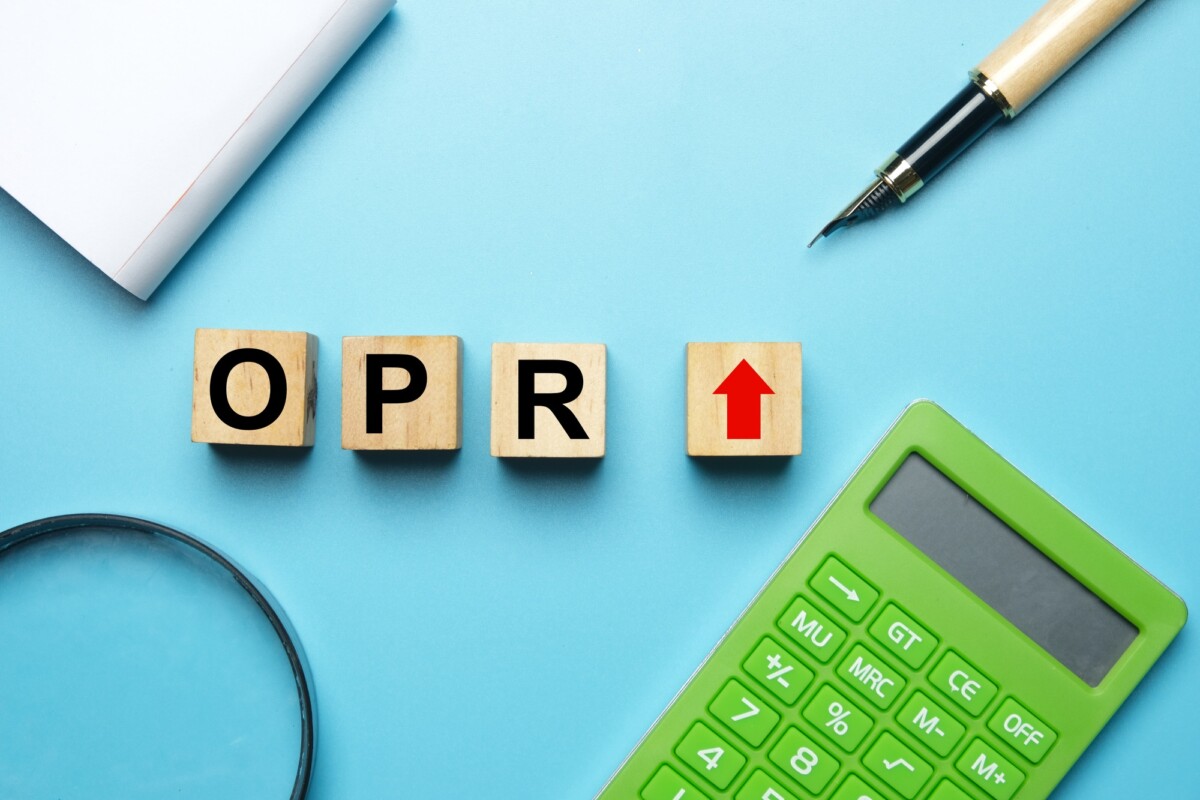IS SAVING ON YOUR LIFE INSURANCE THE SMARTEST MOVE?
When it comes to saving on your life insurance, there is much advice out there. You’ve probably heard of this before, “Buy term and invest the difference.” It comes from the idea that the life insurance term provides the best alternative for most people since it is comparatively less costly than other forms of insurance. It gives you more freedom to invest your free money in other investments.
Other the other hand, permanent life insurance allows policyholders to accrue cash value. Many financial advisors consider permanent life insurance as a waste of money due to the expensive agent commissions and management fees associated with it.
Normally, when you hear financial advisers advocating life insurance as a safe investment, they are indicating the cash-value component of permanent life insurance and the ways you can save, invest and borrow the money.
When is it appropriate to save on your life insurance? When are you in a better position to buy term and invest the difference? Here are some of the popular arguments in saving in permanent life insurance, compared with other investment possibilities:

Term Insurance
When a term policy is bought, all the premiums secure a death benefit for your beneficiaries. The term insurance does not have any investment component because it does not have any cash value. However, you can look at term insurance as an investment in terms of paying comparatively low in premiums in exchange for a comparatively large death benefit.
Permanent Life Insurance
Many people argue in favor of using permanent life insurance as an investment. The problem here is, they are not unique to permanent life insurance. Normally, you can get them many ways without paying agent commissions and management expenses which often is high.
Let’s look at the few most widely promoted benefits of permanent life insurance:
1.You get to keep the majority of the policies up to 120 years, so far as you pay the premiums.
One of the most proclaimed benefits of permanent life insurance is based on the fact that beneficiaries don’t lose their coverage as the years go by. The term policy is not like that. It ends when your term ends, which according to many policyholders, is at 65 or 70 years. But when you consider it, who will need your benefit when you are at age 120? It will most likely be that the people you chose to save on your life insurance will either be self-sufficient or had passed away. 2. You can borrow without paying taxes or penalties against the cash value.
YOu can use the money you borrowed to send your kids to college or even buy a house. You can also use the money saved in a savings account which is free of commissions for your personal project.
What the insurance agents actually mean when they make this point is that, if you put money in a tax-advantaged retirement plan and want to redraw, you may have to pay a 10% early distribution penalty including income tax. Also, retirement plans like 457(b) make it difficult or nearly impossible to redraw money.
As a reminder, it is generally a bad idea to risk your retirement by cashing out your retirement savings for other purposes. Also, do not confuse saving on your life insurance with a savings account. Furthermore, when you borrow money from your permanent policy, it will add up interest until you pay off. If you die before paying off the debt, your heirs will receive a more miniature death benefit.




